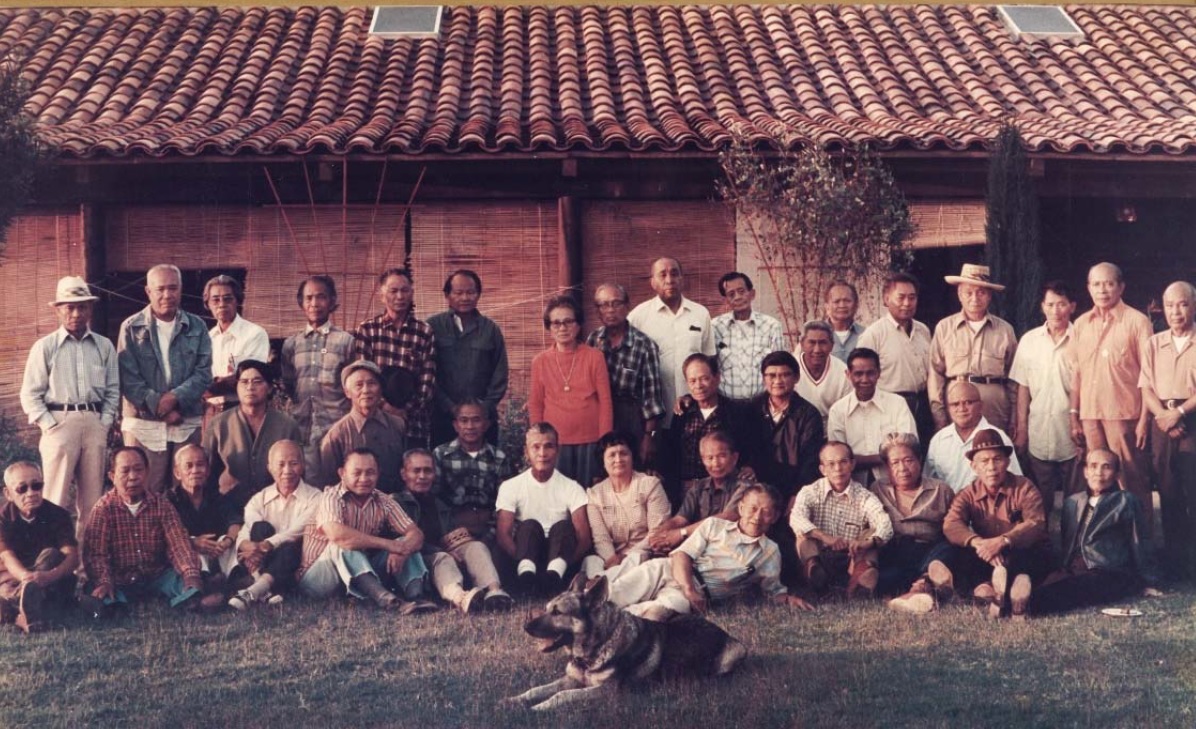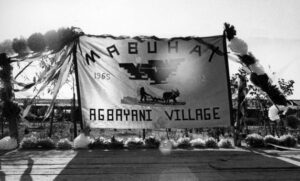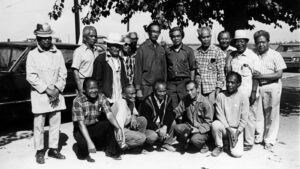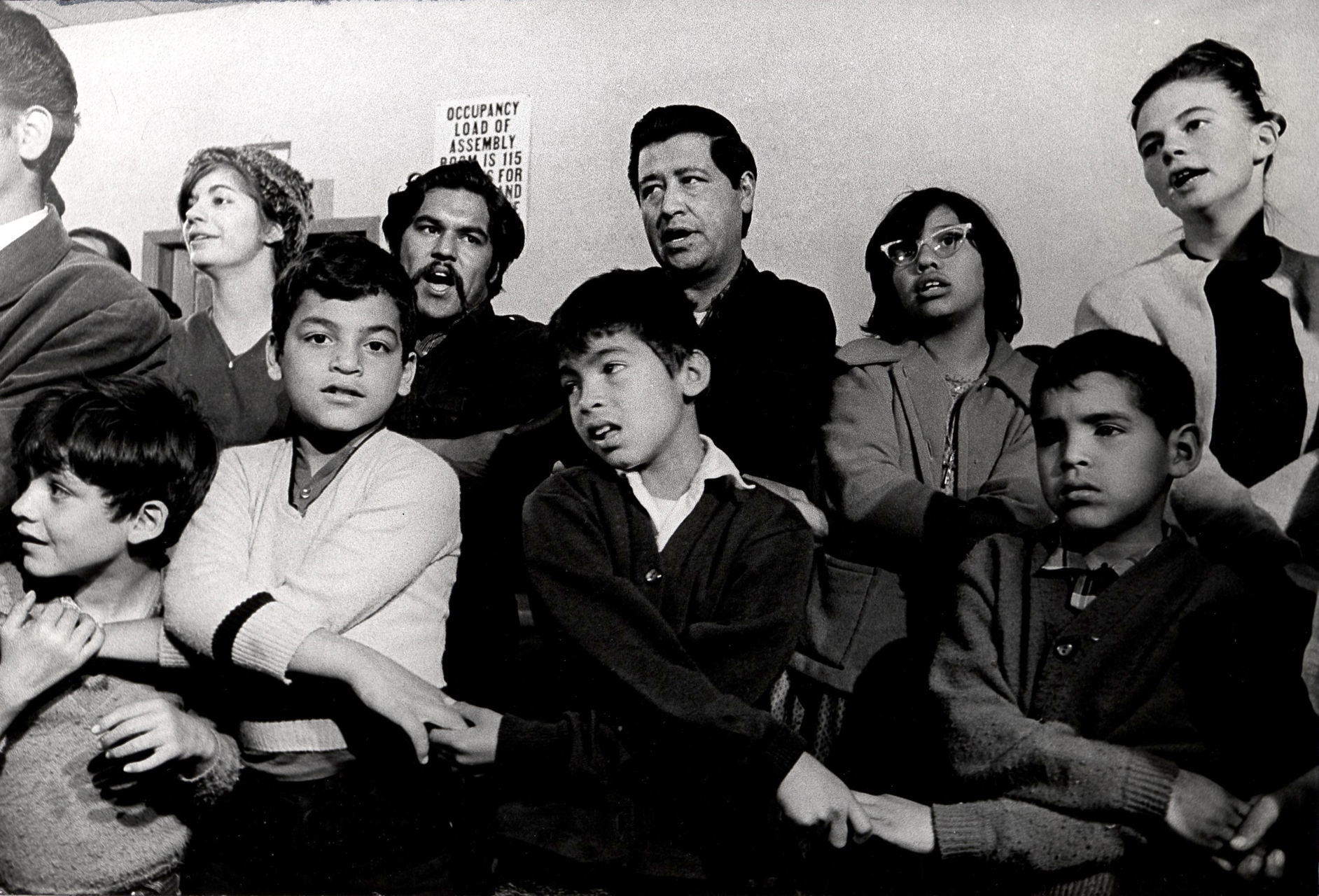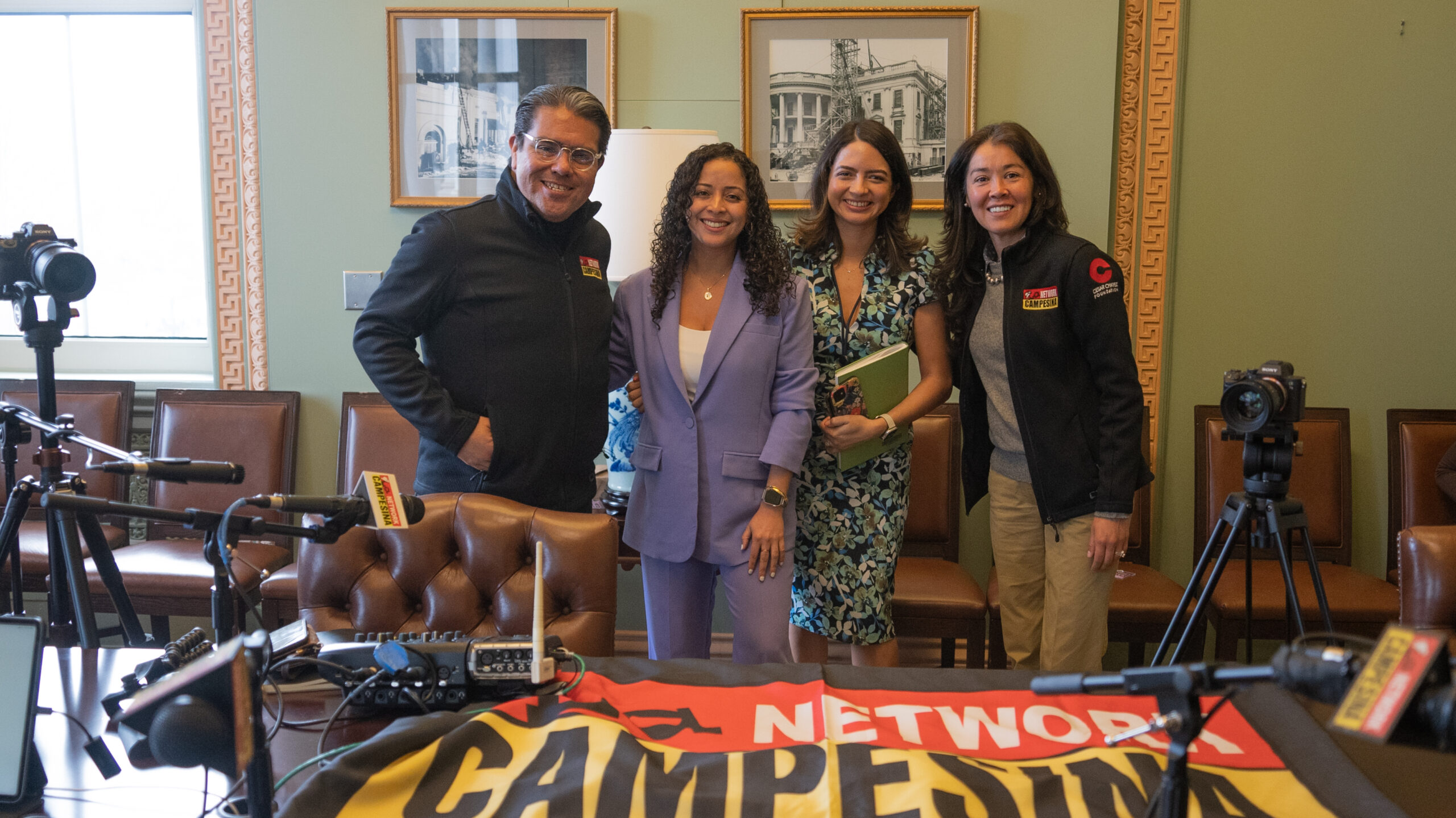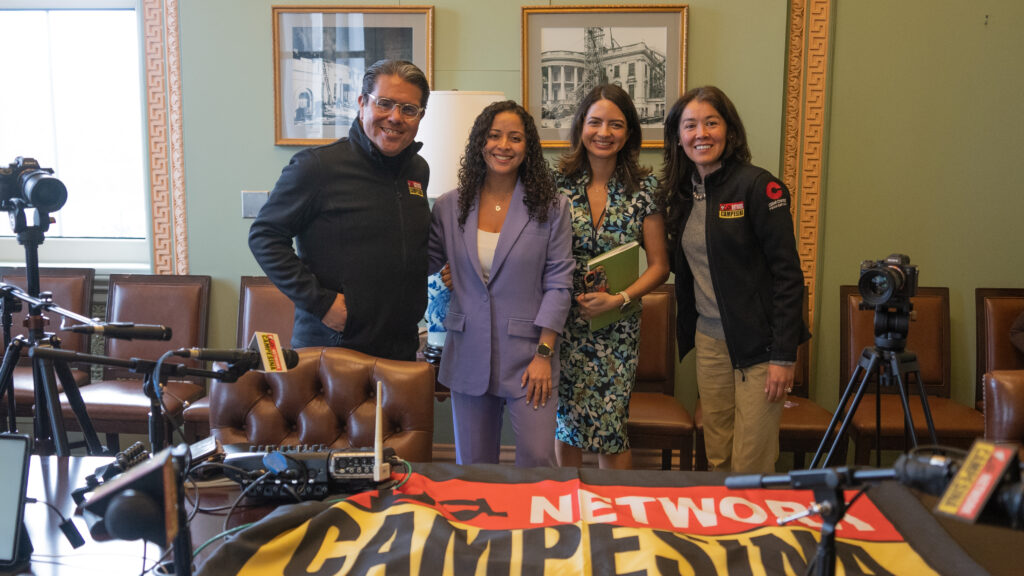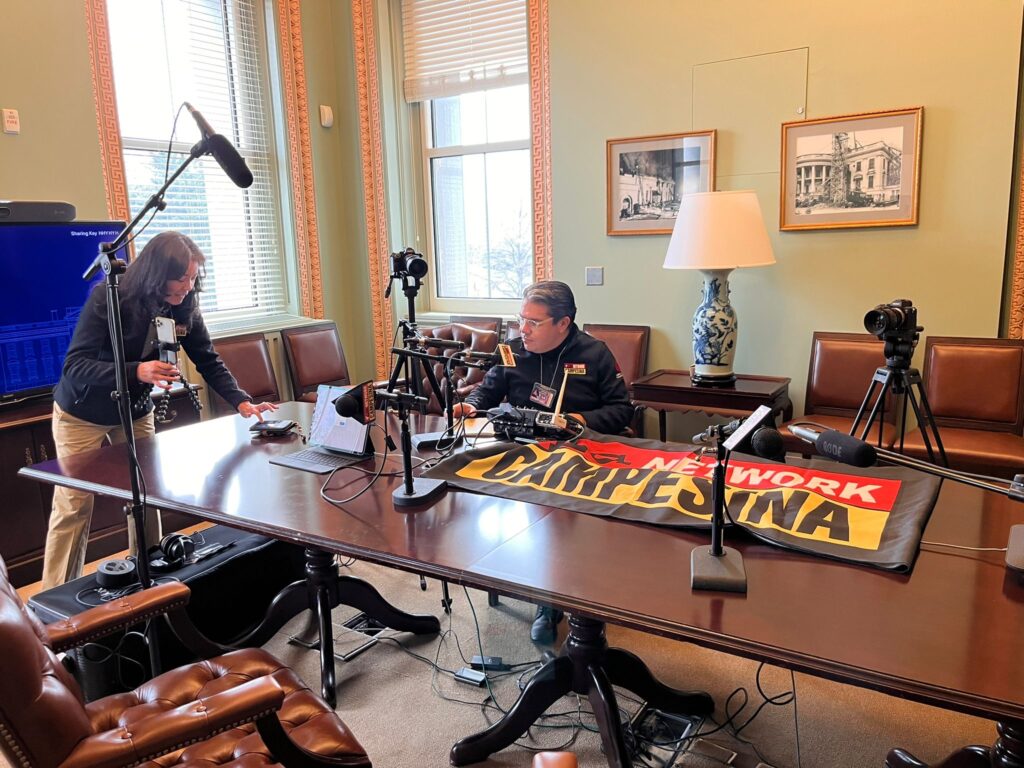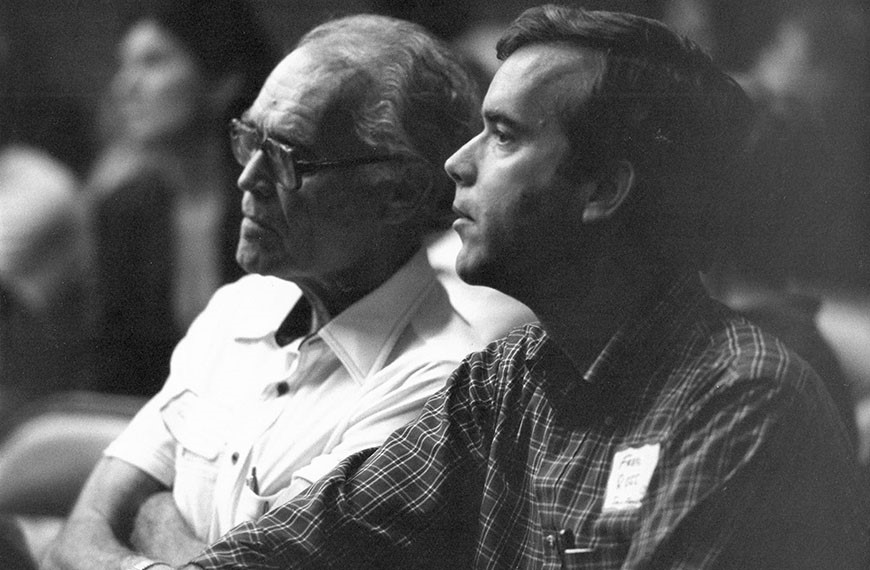It is with genuine sadness that we lost another unsung hero of the farm worker movement when Ralph Magaña, 78, passed away on Christmas Eve after a long battle with dementia. The husband of original union member and grape striker Maria Saludado Magaña, Ralph dedicated much of his life to the United Farm Workers and Cesar Chavez Foundation and lived for years at movement headquarters at La Paz in Keene, Calif.
Ralph—known among family as Rafa or Rafael—was born in 1946 in San Diego with a hole in his heart, then viewed as a death sentence. His parents were told not to let him run, play or even dance. His only physical activity was swimming, which proved a lifelong respite. Keeping indoors encouraged Ralph to read, listen to music, watch movies and study history. This undoubtedly contributed to his humble, reserved and soft-spoken nature. But it masked someone who was dynamic, loving, a smart aleck and a serious man. He underwent risky heart surgery and was administered last rites. Yet he survived.
His dedicated activism with the Chicano movement began at San Diego State University, although Ralph’s clean-cut style and bookish personality led some to think he was with the FBI. In fact, he hailed from a pro-union working-class family and committed his life to serving others.

Ralph Magaña (left) during the 2002 March for the Governor’s Signature from Delano to Sacramento. It helped pass a UFW-sponsored law strengthening farm worker rights to negotiate union contract.
Even before officially joining the UFW, Ralph carried the union’s black-eagle banner down the streets of San Diego during an anti-Vietnam War protest in 1970. He attended the historic National Chicano Moratorium march against the war on August 29, 1970 in East Los Angeles, when pioneering journalist Ruben Salazar was assassinated by the police.
Ralph traveled to La Paz in his Mustang to volunteer in 1972 before being hired by Maria Saludado to help administer the Robert F. Kennedy Medical Plan, the union’s health plan for farm workers protected by union contracts. He and Maria dated, got married and had three sons, Emilio, Alejandro and Julio. The Magañas left the union in 1980 but returned in the late 1990s when Maria was recruited to help the UFW organize Central Coast strawberry workers. Ralph and Maria later returned to live and labor with the Cesar Chavez Foundation at La Paz before retiring in 2013 and moving to Bakersfield.
Even in retirement Ralph and Maria consistently served their community, feeding their unhoused neighbors. Ralph leaves behind his wife Maria Saludado Magaña; his sons Alejandro and Julio (Emilio tragically passed away in 2022); his daughters-in-law Yvette, Rachyel and Jazmin; and his grandsons Dominic, Benicio, Kan’Ek and Tlaloc.
Ralph Magaña will long be a reminder that we are not defined by what we say, but by what we do.
A Rosary is set at 9 a.m. on Friday, January 10, 2025 with a Memorial Mass to follow at 9:30 a.m. at St. Phillip the Apostle Catholic Church, 7100 Stockdale Hwy., Bakersfield, Calif. 93309.


